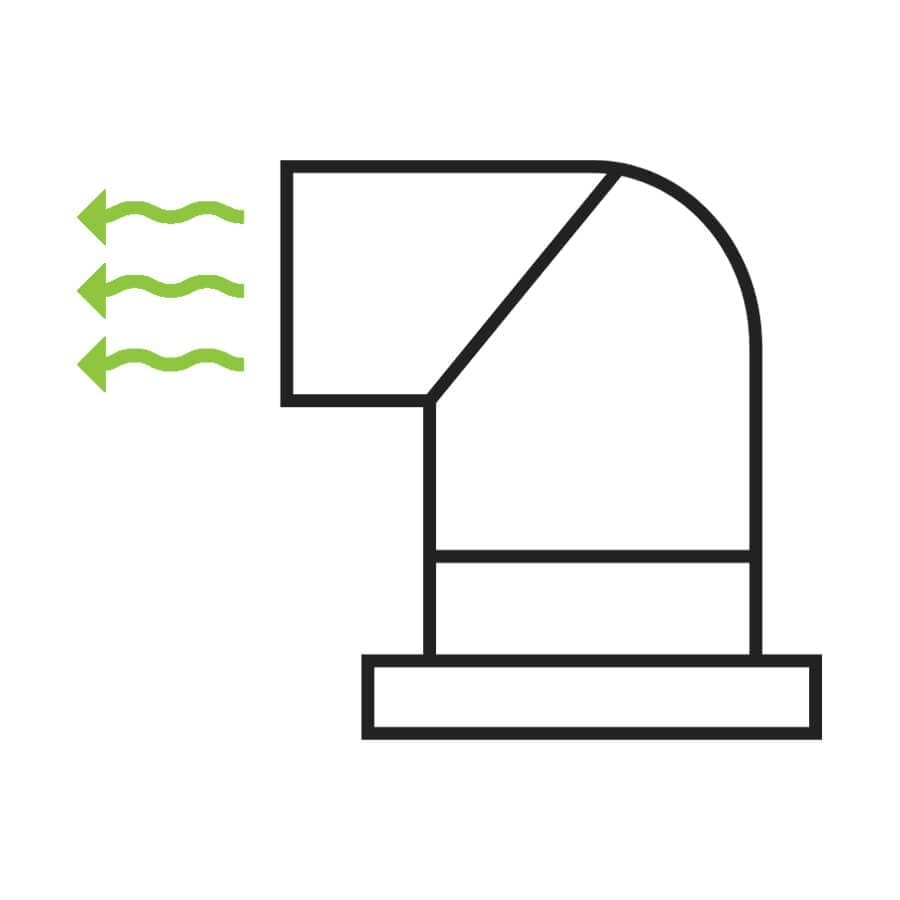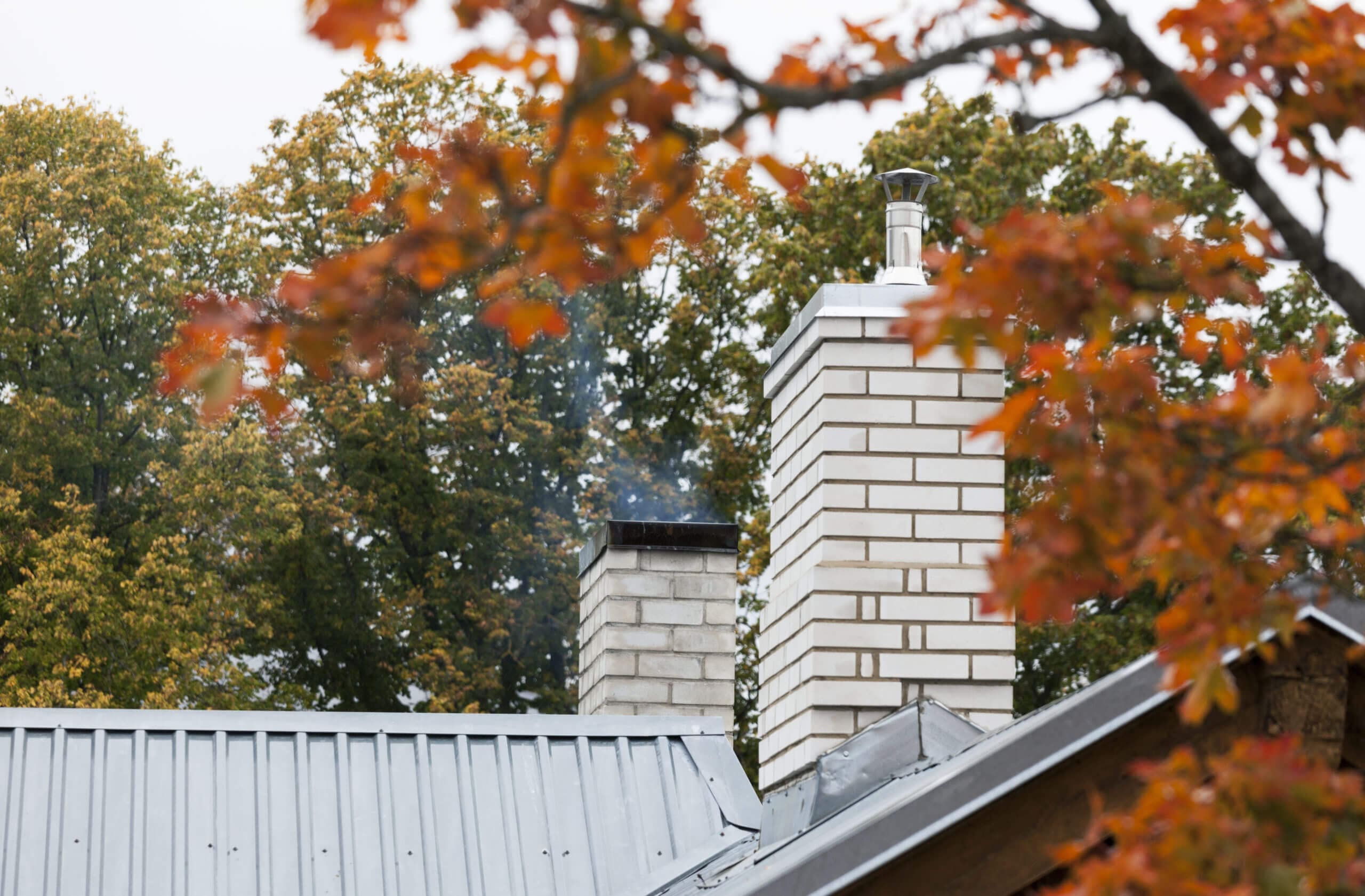Throughout the year, we put our home’s HVAC system through a lot. Homeowners and renters expect their AC to run flawlessly in the summer and their heating to work efficiently throughout the winter. But as the days get colder and summer slips into fall, it’s easy to forget the strain we put on our HVAC systems during the seasonal shift. This is especially true for those that live in regions where the weather can take a while to really commit to a season.
If you want your home HVAC system to operate in top condition during fall and into the winter, we have a couple of easy tips for you! Though indoor air quality is important year-round, preparing for an easier cold weather season begins in the fall. Getting your home fall indoor air quality ready starts today!
1. Check and Change Your Home Air Filter
Changing the air filters in your home is perhaps one of the most important routine HVAC maintenance tasks. Thankfully, it’s also one of the easiest. Having clean air filters is essential for healthy indoor air. Filtration improves the air quality in your home while removing dust, debris and other unsavory particles from the indoor air. Reducing build-up in your filters by changing them on a schedule will also increase system performance and efficiency. Making sure your residential air filters are changed on a consistent basis will extend the lifespan of your HVAC system, reduce the need for repairs and even helps reduce energy bills.
 Air Filtration: Confused about MERV ratings and air filters? We break down the ranking system for easy understanding here. Or, interested in learning more about a routine filter change schedule? Check out all the factors to consider before setting an air filter schedule here.
Air Filtration: Confused about MERV ratings and air filters? We break down the ranking system for easy understanding here. Or, interested in learning more about a routine filter change schedule? Check out all the factors to consider before setting an air filter schedule here.Choosing how often to change the filters in your home will depend on a number of factors. Standard filters, those that are 1 inch in size with a MERV rating between 1–12, will require more frequent changes. Generally, you should check these standard filters every 30 days and replace them roughly every 90 days.
However, if you have a MERV 13 (our recommended filter!) or similar high-efficiency air filters, they require less frequent changes. Though you should still check the filter every few months, instead, you’ll likely only have to change it every six months. The allure of fewer filter changes with good clean air is one of the main reasons homeowners choose to upgrade their home filters.
How To Check Air Filters
To check the remaining lifespan of a filter, all you need to do is hold the filter up to a light source and see if light passes through easily. If it doesn’t, this means the filter is full of dust and debris. Though a good sign that your filter is successfully capturing air pollutants, dirty filters strain your HVAC system and are significantly less effective at capturing air particles.
Even though it is one of the easiest HVAC maintenance tasks, filter changes are often forgotten. How quickly dust builds up depends on the filter quality and rating, the size of the home or indoor space, whether or not there are pets in the home and how frequently you run your home system.
The summer season often includes lots of AC use and pollen build-up. Thus, the autumn months present a perfect time to change your home air filter.
2. Clean the Outdoor Unit
When it comes to cleaning, don’t neglect your outdoor unit. Due to the nature of being outside, they’re more susceptible to damage and blockage. This can be from dirt and soil build-up, as well as overgrown vegetation. Your outdoor unit is made up of the compressor and condenser, making it essential to the success of your HVAC system. Ensuring that the unit is clean and free of anything that could cause strain means a more efficient system.
By clearing debris away, you also avoid needing to call a professional HVAC technician for expensive fixes! Cleaning the condenser unit is especially vital to do going into the fall and winter months. The upcoming time of year means more leaves and excess moisture from wet weather. You want to ensure that your outdoor units are clear and ready for the bad weather.
3. Consider HVAC Seasonal Maintenance
Heading into a period of high system usage, and a shift from AC to heat, routine maintenance is the best way to prevent costly system fixes. If your HVAC system isn’t in top condition before winter, it reduces indoor air quality and the system’s lifespan.
As the colder months roll in, you want to ensure that your HVAC unit is at its best.
We’ve provided a couple of easy tips to do your own HVAC upkeep, but it is still important to have the system regularly checked by a professional. We recommend that this is done at least annually, preferably twice a year. Waiting until the stormy weather is already here to have the unit serviced isn’t the best idea. We suggest booking regular seasonal maintenance for the start of the fall and spring seasons. Your chosen HVAC technician can help work out a schedule that fits your specific needs, but a good rule of thumb is choosing to do it during seasonal shifts.
 HVAC Maintenance: HVAC maintenance is not only beneficial, but it’s also necessary. In fact, general HVAC system maintenance is actually a source control tactic. Here’s why →
HVAC Maintenance: HVAC maintenance is not only beneficial, but it’s also necessary. In fact, general HVAC system maintenance is actually a source control tactic. Here’s why →Improve Your Fall Indoor Air Quality
Performing regular preventive maintenance and having a professional inspect your unit ensures minor issues are corrected long before they become major ones … but it shouldn’t stop there. Ideally, to fully prepare for the fall season, you should also consider indoor air quality upgrades for cleaner and fresher indoor air.
IAQ contractors can provide indoor air quality recommendations, services and upgrades for your home or business. There are plenty of ways they can help improve the air quality in your indoor space. This can be a combination of control strategies like:
- Purification
- Humidity Control
- Ventilation
- Source Control
- Filtration
We often assume the air we breathe indoors is good without a second thought. As the fall season sends us back indoors, now is the time to evaluate your HVAC system and home air quality. If you are interested in protecting your space and the people in it from bacteria, viruses, mold, dust and other indoor air concerns, choosing both maintenance and IAQ upgrades together is a powerful combination.
DIY HVAC Maintenance Checklist
1. Replace the Air Filter. Check and replace your HVAC air filter to ensure efficient operation and improved air quality. This is a straightforward task that significantly impacts performance.
2. Clean Around the Outdoor Unit. Remove any leaves, dirt, or debris around the outdoor unit. A clear space helps prevent airflow blockages and potential system strain.
3. Listen for Unusual Noises. When your HVAC system is running, listen for any unusual sounds. Identifying strange noises early can help catch issues before they require major repairs.
4. Ensure Proper Thermostat Operation. Test your thermostat to see if it’s working correctly by noting if it turns your HVAC system on and off at the desired temperatures.
The Importance of Professional HVAC Inspection
Regular professional inspections are a must to keep your HVAC running smoothly and your air clean. Here’s what the experts focus on during a check-up:
- System Health: Technicians scrutinize your HVAC for any signs of wear, catching issues early to prevent unexpected breakdowns.
- Efficiency: They measure how well your system is running, adjusting settings to save you money on energy bills.
- Safety: From secure electrical connections to carbon monoxide checks, they ensure your system is safe.
- Air Quality: Expect a thorough inspection of filters and ducts to keep the air you breathe free of allergens and pollutants.
Professional checks not only prolong the life of your HVAC but also upgrade the comfort and safety of your home.



